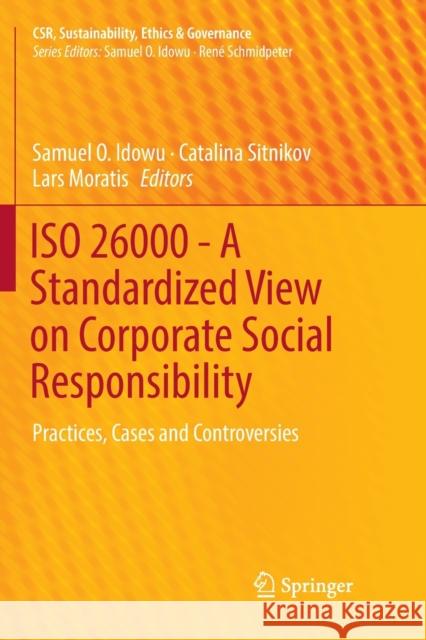ISO 26000 - A Standardized View on Corporate Social Responsibility: Practices, Cases and Controversies » książka
topmenu
ISO 26000 - A Standardized View on Corporate Social Responsibility: Practices, Cases and Controversies
ISBN-13: 9783030064815 / Angielski / Miękka / 2019 / 213 str.
ISO 26000 - A Standardized View on Corporate Social Responsibility: Practices, Cases and Controversies
ISBN-13: 9783030064815 / Angielski / Miękka / 2019 / 213 str.
cena 402,53
(netto: 383,36 VAT: 5%)
Najniższa cena z 30 dni: 385,52
(netto: 383,36 VAT: 5%)
Najniższa cena z 30 dni: 385,52
Termin realizacji zamówienia:
ok. 16-18 dni roboczych.
ok. 16-18 dni roboczych.
Darmowa dostawa!
Kategorie:
Kategorie BISAC:
Wydawca:
Springer
Seria wydawnicza:
Język:
Angielski
ISBN-13:
9783030064815
Rok wydania:
2019
Wydanie:
Softcover Repri
Numer serii:
000464707
Ilość stron:
213
Waga:
0.34 kg
Wymiary:
23.39 x 15.6 x 1.3
Oprawa:
Miękka
Wolumenów:
01
Dodatkowe informacje:
Wydanie ilustrowane











